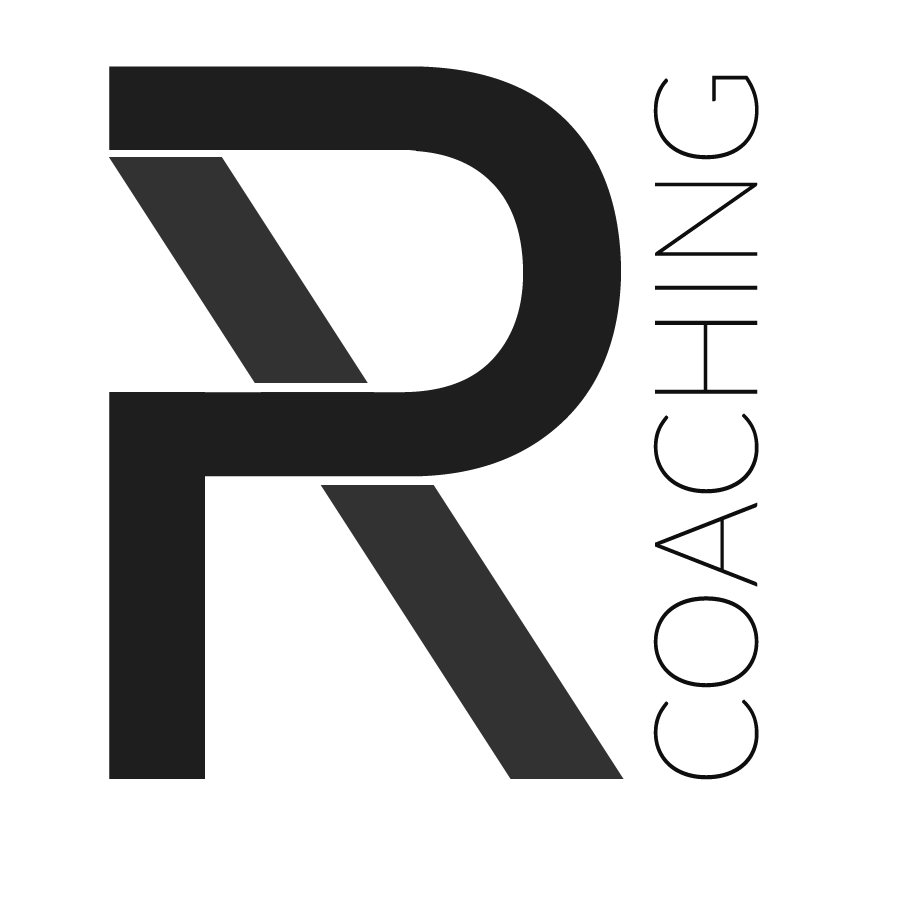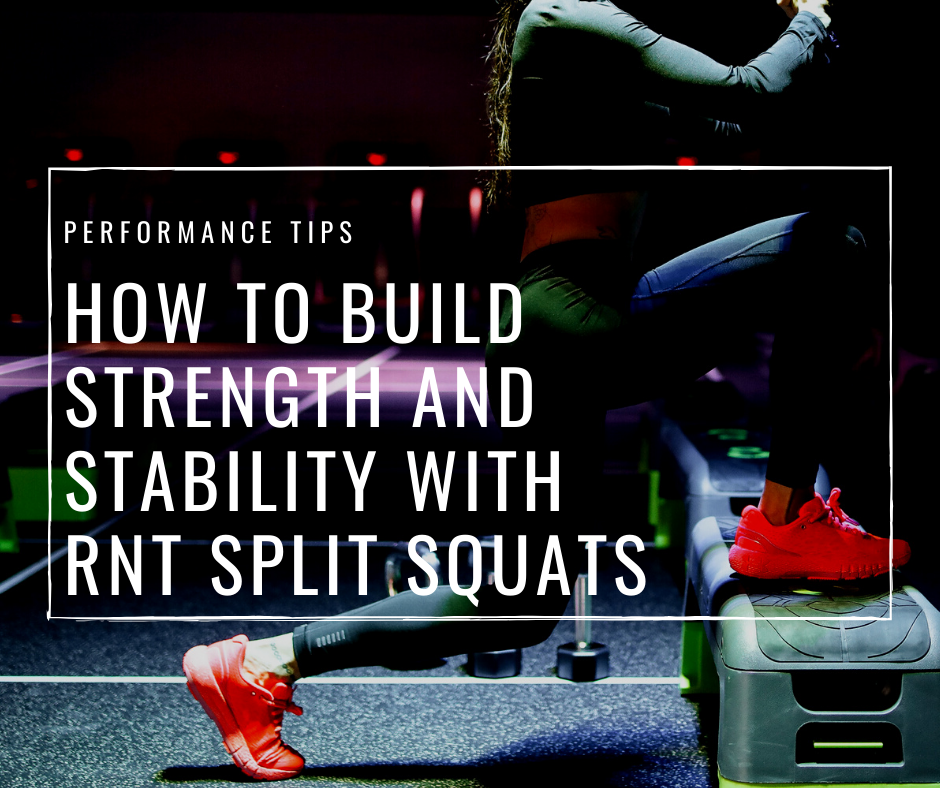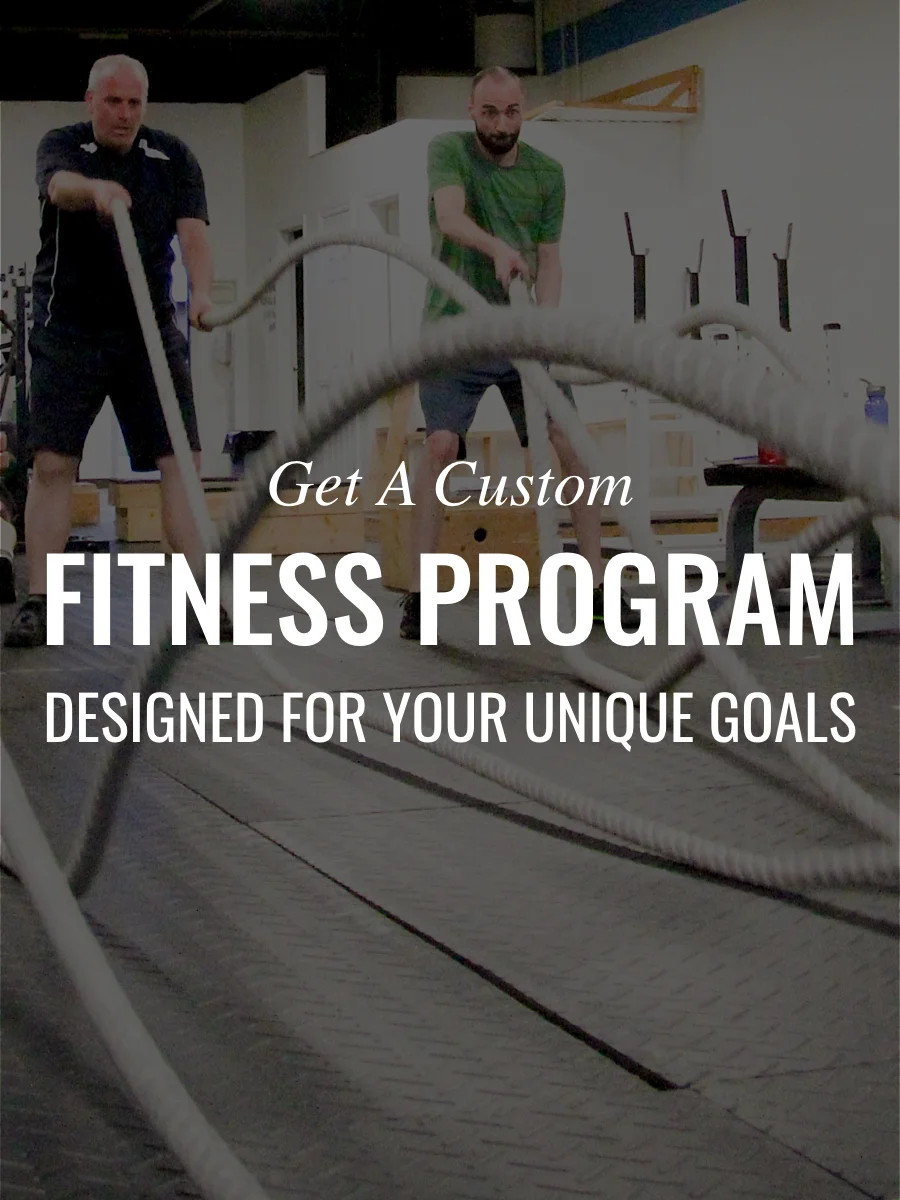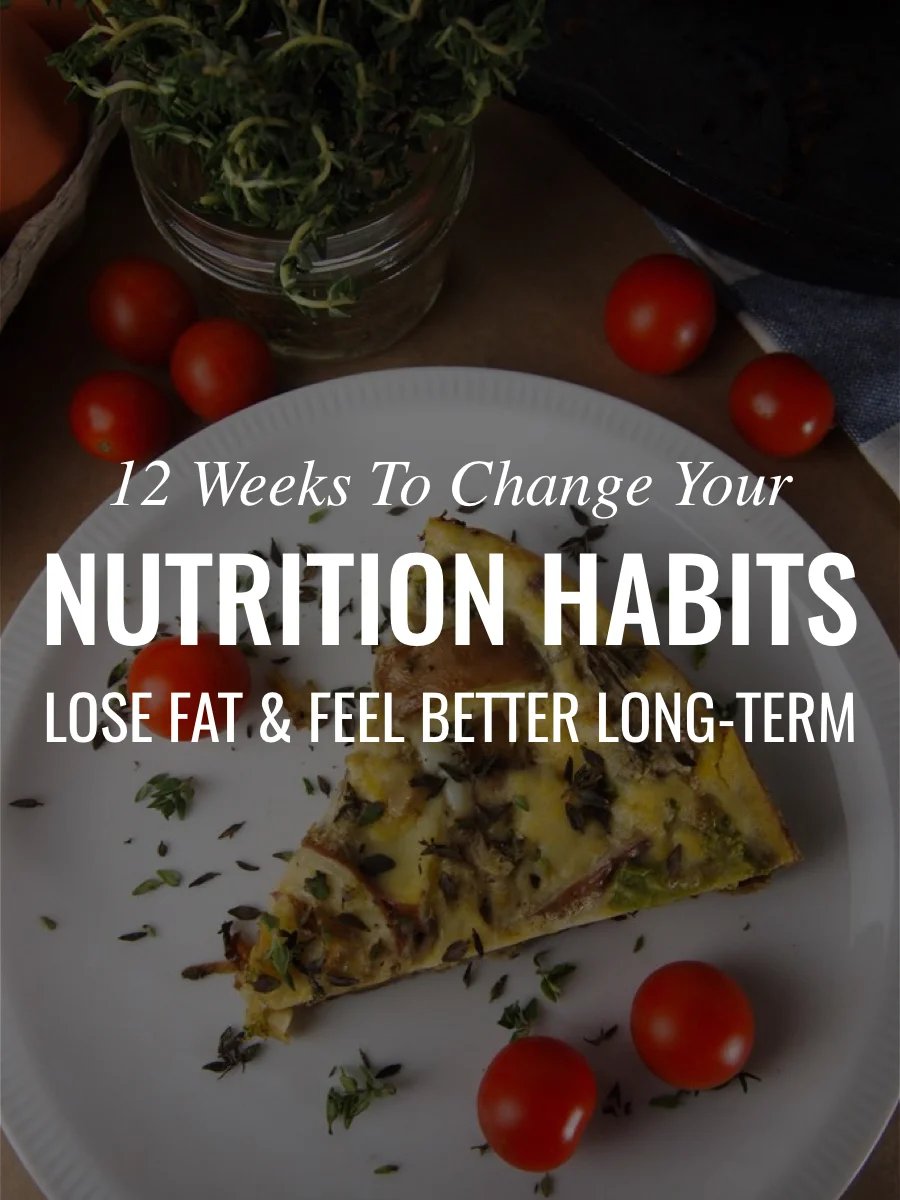What The NHL Prospect Combine Teaches Us About Fitness Testing For Sport Performance
There's so much that these results from the 2017 NHL Prospect Combine can teach those of us trying to excel at our chosen sport about fitness testing for athletic performance.
Here're 3 points that stand out to me:
1. FITNESS TESTS FOR AEROBIC ENDURANCE: VO2 MAX TESTING
One thing that I find interesting is the VO2 max testing for endurance. As the Sportsnet website describes:
“Aerobic fitness is assessed by measuring the amount of oxygen utilized (VO2 max) during maximal exercise employing volume determination and analysis of expired air.”
In simple terms, the V02 Max test is a fitness test of aerobic endurance.
In this case, the fitness test is done on a stationary bike. Every three minutes the pace and resistance increase, so sustaining the target pace becomes more difficult. You keep going as long as possible until you quit or you're not able to sustain the target pace.
What you'll notice if you look at the score is that the people with the highest VO2 max scores are not always the same people who were able to do the test for the longest period of time.
To me, for a sport athlete the ultimate test of endurance is work completed in a given period of time. If you can do more and go for longer, you're fitter.
There are multiple potential issues with VO2 max data for testing sport performance, but I find it interesting why fitness testing protocols like the NHL prospect combine invest the time and money to measure VO2 max when it actually doesn't correspond fully to this basic ability to complete more work.
We know that athletes with the best performances often don't have the best VO2 max scores- although they do have at least 'decent' scores.
We also know that VO2 max scores are specific to the exercise being tested. If you do a VO2 max test with running, your score will be different than if you did a VO2 max test with cycling or rowing.
What VO2 max gives us is a rough picture of someone's potential for aerobic capacity. In most cases, a simple performance-based test is more effective. I.e. how fast can you run a mile. Besides, athletes like to compete. See who can do the most work, fastest.
2. FITNESS TESTING FOR MUSCLE ENDURANCE VS POWER
What's interesting about fitness testing for muscle endurance versus power is that you can see a difference between the individuals who are more powerful (higher results in jumping, bench press and Wingate test) and those who are best at enduring (as indicated by the VO2 Max Test).
As athletes ourselves, we ideally want to be both powerful and able to sustain our power for long periods of time... But the truth is we can't be perfect at everything. The body just doesn't work that way.
Those who are very powerful burn through more energy faster and therefore aren't as effective at enduring at a given pace for as long.
Athletes will have a natural tendency toward being powerful or enduring, or somewhere in the middle - an "all-arounder" if you will. Training can absolutely influence this, but there are limits.
When I train hockey (or any other) athletes in the off-season, one thing I assess is how powerful they are compared to how much endurance capacity they have. Where are they on that continuum? And, based on the demands of their sport and their individual needs, we determine which area should be the primary focus of their training.
In fact, I have two very fit female hockey players at the gym this summer. One is already extremely strong and powerful, but her ability to repeat her efforts (i.e. to endure) is her biggest weakness. Her plan is all about improving her aerobic power. The other athlete has excellent endurance conditioning already, so this summer is all about making her faster and more explosive.
3. Sport Performance Trumps Everything
This is probably the biggest takeaway for sport athletes. None of the top performers in fitness testing are the top prospects in the draft. As important as fitness is to sport performance and longevity in sport, the most important thing is how good you are at the sport. Are you effective?
Take a player who can't do a single pull-up. For a male hockey player, this demonstrates an extremely weak upper body. But, if you score a goal every game, chances are your coach and teammates won't care much about your sucky pull-ups.
For strength and conditioning coaches, we need to stay humble and ensure that fitness improvement doesn't interfere with sport practice and development. That's always the top priority. At the same time, we can help identify areas to ensure the athlete stays healthy (avoid injury), and find opportunities for improvement through better conditioning and improved strength relative to the sport.
DID YOU LIKE THIS POST? SHARE IT!
NEED ONE-TO-ONE HELP TO BOOST YOUR ATHLETIC PERFORMANCE?

















